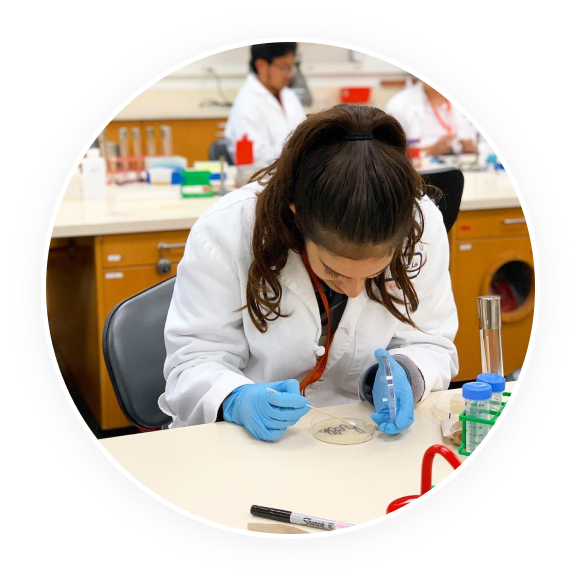Cluster 9
Molecular Biology Investigations
Instructors:
Michael Doody, PhD
UCSC Department of Molecular, Cell & Developmental Biology
James Shanks, PhD
UCSC Department of Molecular, Cell & Developmental Biology
Prerequisite: Biology
Preferences: Chemistry
Summary: In this cluster, students will learn how molecular biology research and investigations contributes to our understanding of biology. Students will also acquire hands-on wet lab experience in genetics and/or molecular cloning, as well as dry lab skills such as basic bioinformatics, critical scientific reading, and paper writing. Students who engage in our cluster will be well prepared for introductory molecular biology laboratory coursework in their future. Possible field trips to the SLAC National Accelerator Lab and UCSC botanic garden will provide outdoor learning and social opportunities.
All students in this cluster will be enrolled in the following courses:

Introduction to Phage Biology
Students isolate a unique bacteriophage from the environment using Gordonia rubripertincta as a host. Students will then clone and amplify unique genes from a known bacteriophage genome and potentially perform gene-function exploration. Students will develop wet lab skills including PCR, gel electrophoresis, implementation of Tet expression plasmids, bacterial transformations, and immunity screens to investigate various aspects of bacteriophage gene function.
Model Organisms
Model organisms provide a common and well understood system to study biology. Some of the most common model organisms include budding yeast, fruit flies, nematode worms, zebra fish, mice, and human cell lines. Which model organism researchers chose to use depends on the biological question they are interested in studying.
Budding yeast provides a simple system that allows us to better understand the proteins and pathways involved in evolutionarily conserved and fundamental eukaryotic biology. Fruit flies have contributed to our understanding of basic animal biology. Interestingly, fruit flies also serve as a model organism for host-pathogen biology; they can be infected by Wolbachia, a pathogenic bacteria. Wolbachia are an obligate endosymbiont and cannot be studied outside of a living host. But we have the sequence of the Wolbachia genome and can use molecular biology to identify Wolbachia genes that function in host-pathogen interactions!
Students will generate molecular tools to express and identify candidate Wolbachia proteins first in budding yeast and then for expression in fruit flies. The wet lab skills will largely overlap with the Introduction to Phage Biology. Unique skills to Model Organisms will be budding yeast transformation and understanding and implementation of fluorescence microscopy.



